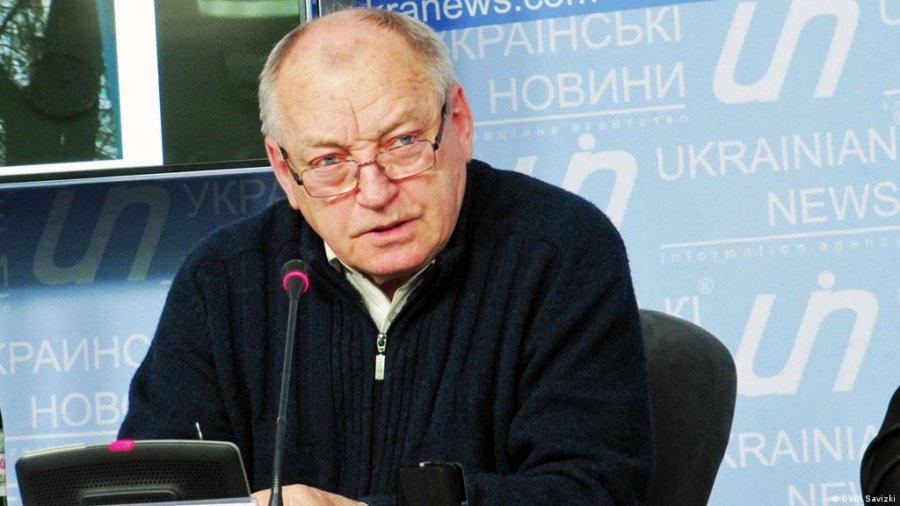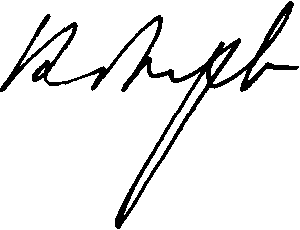
On February 21, at the age of 83, Mykola Kuzmych Kozyrev, our dear friend and colleague, a kind, bright, and highly intellectual person, passed away. He always stood out for his complete independence of thought and his reluctance to heed common perceptions about anything. His perspective was always pristine, his own, and hard-won. A philosopher by calling and profession, he was at the same time level-headed and firmly grounded.
Mykola Kuzmych lived a long, eventful life. He was born in Belarus on April 7, 1938, in the village of Zabolotne, Belynichi district, Mogilev region. His father was killed in the Winter War in 1940. He finished secondary school in 1955 and then a mining technical school in Krasnyi Luch, Luhansk oblast, in 1958. After graduating from the technical school, he completed three years of compulsory military service on Sakhalin. He worked for five years in his field as a mining foreman in a mine.
In 1970, Mykola Kuzmych graduated from the Faculty of Philosophy at Rostov University. He read extensively, admiring the works of Merab Mamardashvili, Eduard Ilyenkov, and other unconventional contemporary philosophers. He taught philosophy at a university, but he began to be summoned by the KGB for his free thinking. His independent stance led to his expulsion from the Communist Party and deprived him of the opportunity to pursue his passion—teaching philosophy and leading the fascinating life of a philosopher. For many years, he worked as a teacher of technical and special disciplines in vocational schools, including seven years at the Kamyshevakha school for juvenile offenders, and it was then that he began to reflect on purely human rights issues.
In 1989, Mykola Kozyrev won the election in Krasnyi Luch and became a deputy of the First Congress of Peoples Deputies of the USSR. He was a peoples deputy until the collapse of the USSR in December 1991 and worked as a human rights activist in the Committee on Combating Organized Crime and the Commission on Privileges and Benefits, where he served as deputy chairman. In particular, he was involved in the program to protect the rights of victims of nuclear tests and the 1962 massacre of workers in Novocherkassk. He was a member of the Inter-Regional Deputies Group. In 1992, he became Deputy Minister of Social Protection of the RSFSR, but he returned to Ukraine fairly quickly. For three years, he was an entrepreneur, but this activity was difficult for him in a corrupt state.
In 1997, Mykola Kuzmych founded the Luhansk Public Committee for the Protection of Constitutional Rights and Freedoms of Citizens and served as its permanent head. He dealt with many issues: investigating the problem of torture in the police, violations of peasants property rights during agrarian reform, human rights violations in the courts and prosecutors office, monitoring the miners labor movement and the rights of hired workers, and addressing problems with local self-government, utility tariffs, and many others. He was the first in Luhansk oblast to initiate research into the problem of torture, independently drafted several applications to the European Court of Human Rights regarding torture by the police, and won two cases.
Mykola Kuzmych was one of the founders of the Ukrainian Helsinki Human Rights , served multiple terms on the s Board, and for one two-year term, was Chairman of the Board. He wrote extensively for the media and was a correspondent for the newspapers “Svoboda,” “Luhanchane,” and “Telekrytyka.” He is the author of over 200 publications on human rights topics in various publications in Luhansk oblast, Ukraine, and abroad.
In 2004, he was a confidant of presidential candidate Viktor Yushchenko and later joined the Public Board under the head of the Regional State Administration. He was a highly respected figure in Luhansk.
After the armed conflict began, Mykola Kuzmych and his wife, Lyudmyla Oleksandrivna, moved to Kyiv, where they rented an apartment and later settled in Vyshhorod. Mykola Kuzmych did a great deal to help internally displaced persons. It was he who personally won the landmark case declaring illegal the governments resolution on verifying displaced persons at the addresses listed on their IDP certificates.
Mykola Kuzmych accomplished a great deal. Until the last days of his life, he wrote prolifically and maintained his own, extremely interesting Facebook page. We all read his posts with admiration. He was distinguished by a special ability to explain complex things clearly and simply.
Here, in memory of Mykola Kuzmych, is his personal signature:

We express our deepest condolences to Lyudmyla Oleksandrivna and his many relatives in Belarus.
And finally. I am grateful to fate that Mykola Kuzmych and I met in this life, talked, and debated. I am thankful to him for his lessons and his personal example. And I want to recall these lines from Vasily Andreyevich Zhukovsky:
О милых спутниках, которые наш свет
Своим сопутствием для нас животворили,
Не говори с тоской: их нет
Но с благодарностию: были.